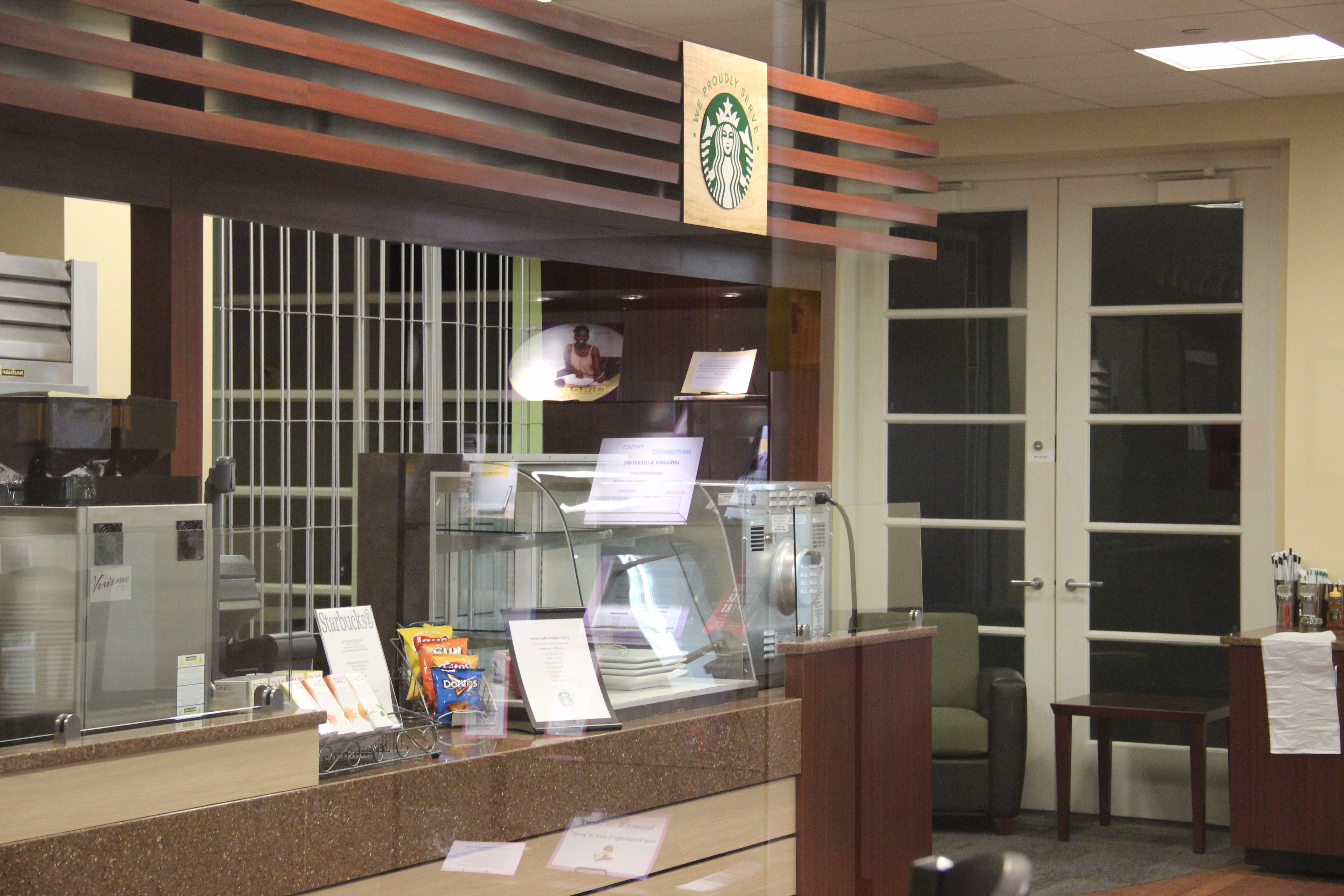

Last month, the red cup debate hit the Internet with rampant force. Social media sites exploded as a single item sparked one of the largest controversies of the season so far — Starbucks’ red holiday cup. These small objects made of colored paper had so many people up in arms the fights were almost comical. The actual debate, of course, is not about the cups themselves, but about the supposed overuse of political correctness. After taking a step back, it becomes clear the arguments made against political correctness during the holidays are simply a waste of time and energy.
The red cup is just one point in a long timeline of holiday political correctness. Companies encourage their employees to say, “happy holidays” rather than, “merry Christmas,” organizations encourage snowmen or snowflake decorations instead of a full manger scenes and the abbreviation “Xmas” is often used in place of Christmas without a second thought. All of this is done in an effort to be more politically correct during the holiday season, because not everyone celebrates Christmas. Contrary to the very vocal belief floating around out there, none of these actions intend to purposely do away with or completely ignore Christmas as a holiday.
Personally, I just can’t see how being tolerant or inclusive of other human beings is a deliberate attack on Christmas. If anything, Christmas is about spreading joy and happiness to all people — this is why the holiday season is also the season of giving. No one is unrealistically forcing everyone to celebrate Hanukkah or Kwanzaa simply by acknowledging these holidays, so why are we so intent on forcing everyone to celebrate Christmas?
Conversely, no one is forcing anyone not to celebrate Christmas. Starbuck’s “anti-Christmas” cup isn’t all that rare considering it rarely produces cups with Christmas designs. Most of Starbucks’ past seasonal cups have sported snowmen, sleigh rides, pine trees, snowflakes, reindeer, nutcrackers and other seasonal images. None of these are blatantly Christmas designs, but I certainly would not call the designs “anti-Christmas.”
The same is true when people say “happy holidays” or when they write Xmas. Christmas has become so commercialized it does not matter whether or not people use the actual word “Christmas.” Even with a deliberate effort, no one could possibly extinguish the raging fire of Christmas, as the holiday consumes everything under the sun for not just one but three whole months of the year.
The least those who celebrate Christmas can do is courteously remember not everyone and their mother has fallen to the Christmas plague of madness when we wish them a happy holiday season instead of a happy Christmas season.
The other argument I often hear is how hell-bent people are to take the Christ out of Christmas in their efforts to be politically correct. This is, again, not something anyone is deliberately doing. Christmas means a lot of different things to a lot of different people. Some find happiness in celebrating togetherness and family, while others find happiness in celebrating the birth of Christ, and no one is denying one way or the other. I promise writing Xmas on a series of cards and boxes will not bring about the downfall of Christian tradition.
These simple gestures are not examples of being too politically correct as many people argue. At this point, people merely are being a little more self-aware of those around them. The day people become too politically correct during the holiday season is the day it is unacceptable to even mention Christmas in a public setting for fear of offending someone else. The world is still a very long way away from that day, and there are so many more important issues demanding our attention.
So this holiday season, instead of arguing about paper cups, let’s direct our energy into something a little more productive. Let’s talk about helping the homeless, providing for parents who can’t afford to celebrate the holidays with their children or even the Syrian refugee crisis. Above all, let’s have a wonderful holiday season.
